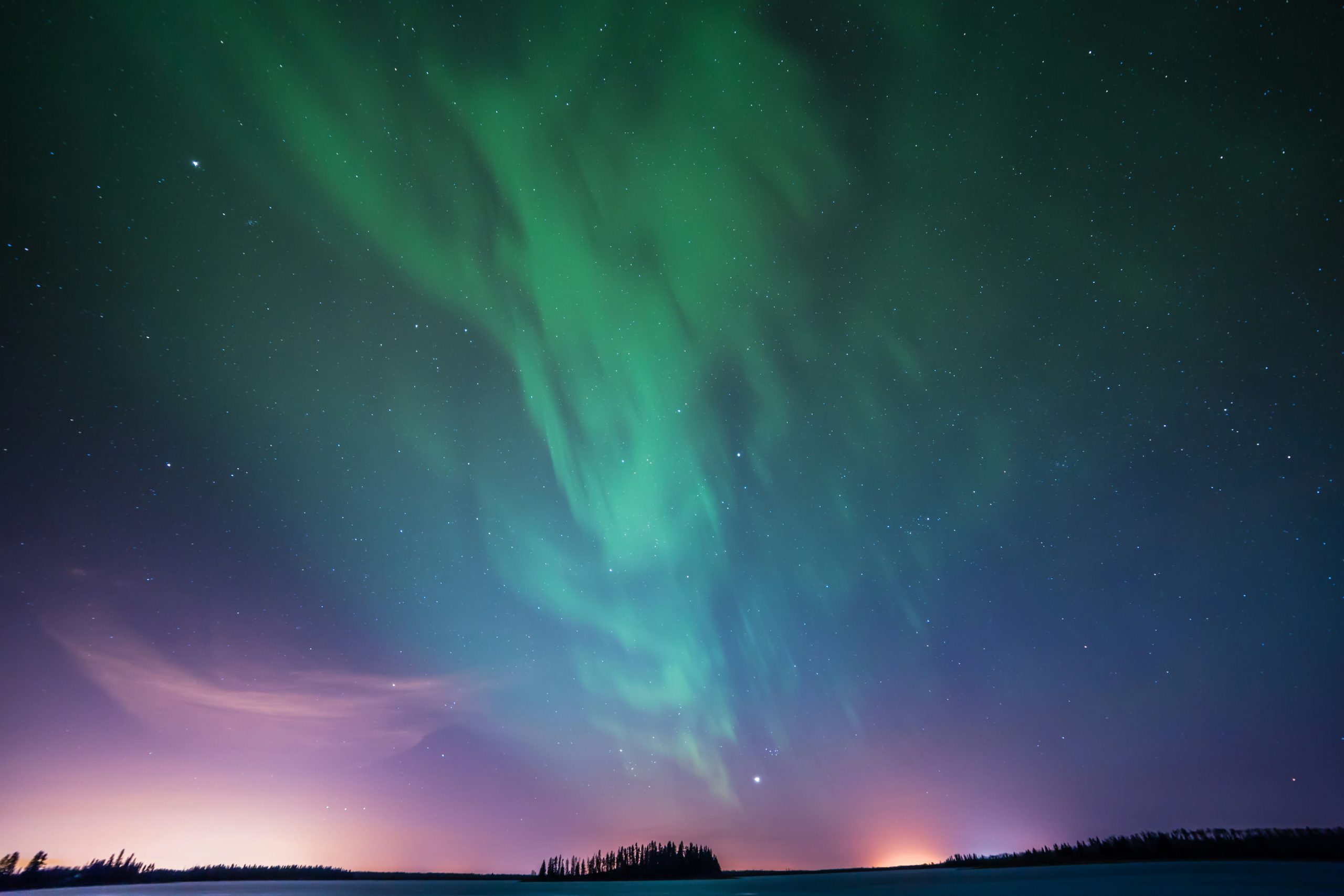Indigenous Spiritual Practices: Canada’s Heritage

Looking for more amazing products? Check out our online store and explore our collection here! Happy shopping!
Before diving in, please note: This post is for informational purposes only. If you’d like to know more about how we approach topics, feel free to check out our friendly Disclaimer Page.
Hey there, amazing readers! 
We’re committed to delivering quality posts, and your support (even just sticking around despite the ads) means everything to us. So, bear with us, and thanks for helping us keep the good vibes rolling. Now, on to the fun stuff!
TRANSLATE BUTTON AT THE END OF THE ARTICLE
A Quick Overview
Indigenous spiritual practices are an integral part of Canada’s heritage, deeply rooted in the traditions and beliefs of the various Indigenous peoples that have inhabited the land for thousands of years.
These spiritual practices encompass a deep connection to the land, respect for ancestors, and a rich tradition of ceremony and ritual.
Despite the challenges faced by Indigenous communities, efforts are being made to preserve and honor these sacred traditions.
The History of Indigenous Spiritual Practices
Indigenous spiritual practices in Canada have a long and complex history that predates the arrival of European colonizers.
These practices were deeply intertwined with everyday life, guiding everything from hunting and gathering to social interactions and decision-making.
The arrival of European settlers resulted in the suppression and erasure of many Indigenous spiritual practices, leading to a loss of cultural identity for many communities.
Traditional Beliefs of Indigenous Peoples
Indigenous spiritual beliefs are diverse and varied, reflecting the unique cultural traditions of each Indigenous group.
Common themes include a deep reverence for the natural world, a belief in the interconnectedness of all living beings, and a respect for the wisdom of ancestors.
Many Indigenous peoples view the spiritual realm as intertwined with the physical world, with spirits inhabiting natural elements such as rocks, trees, and animals.
Connection to the Land and Environment
Indigenous spiritual practices are deeply connected to the land and environment, with many traditions emphasizing the importance of living in harmony with nature.
Practices such as smudging, vision quests, and sweat lodges are often held outdoors to facilitate a deeper connection with the natural world.
Indigenous peoples view the land as a sacred entity, deserving of respect and protection for future generations.
Importance of Ceremony and Ritual
Ceremony and ritual play a central role in Indigenous spiritual practices, serving as a means of honoring ancestors, seeking guidance from the spiritual realm, and fostering community cohesion.
These ceremonies often involve the use of sacred objects, such as drums, feathers, and tobacco, to create a sacred space and invoke the presence of spiritual beings.
Ceremonies may also involve singing, dancing, and storytelling, all of which serve to connect participants with the spiritual world.
Sacred Objects and Symbols
Sacred objects and symbols are an important aspect of Indigenous spiritual practices, serving as tangible representations of spiritual beliefs and values.
Items such as medicine bundles, totems, and dreamcatchers are commonly used in ceremonies and rituals to invoke the presence of spirits and ancestors.
These objects are imbued with spiritual significance and must be treated with the utmost respect and reverence.
Healing Practices and Medicine
Indigenous spiritual practices often incorporate healing rituals and ceremonies to address physical, emotional, and spiritual ailments.
Traditional healers, known as medicine people or shamans, use a combination of prayer, herbal remedies, and energy work to restore balance and harmony to the individual.
Healing ceremonies may involve the use of sacred plants, such as sage and sweetgrass, as well as the performance of specific rituals to cleanse and purify the spirit.
Role of Elders and Spiritual Leaders
Elders and spiritual leaders play a crucial role in Indigenous communities, serving as repositories of traditional knowledge and wisdom.
These individuals are tasked with preserving and passing down cultural teachings, leading ceremonies and rituals, and providing guidance and support to community members.
Elders are highly respected for their wisdom and experience, and their counsel is often sought in matters of spiritual significance.
Oral Traditions and Storytelling
Oral traditions and storytelling are fundamental components of Indigenous spiritual practices, serving as a means of transmitting cultural teachings, history, and values from one generation to the next.
Through storytelling, Indigenous peoples preserve their connection to the land, ancestors, and spiritual beings, ensuring that traditional knowledge is not lost or forgotten.
Stories often contain moral lessons, spiritual insights, and guidance for living in harmony with the natural world.
Respect for Ancestors and Lineage
Indigenous spiritual practices emphasize the importance of honoring ancestors and lineage, recognizing the role that past generations play in shaping the present and future.
Practices such as ancestor veneration, spirit offerings, and genealogy work are common among Indigenous communities, serving to maintain a connection with those who have come before.
Ancestors are viewed as spiritual guides and protectors, offering wisdom and support to the living.
Modern Challenges and Revival Efforts
Despite the resilience of Indigenous spiritual practices, they have faced significant challenges in the modern era, including colonization, cultural assimilation, and the erosion of traditional knowledge.
However, many Indigenous communities are engaged in efforts to revitalize and preserve their spiritual heritage, reclaiming sacred sites, revitalizing language and ceremonies, and educating younger generations about their cultural traditions.
Cultural Appropriation and Misunderstandings
One of the key challenges facing Indigenous spiritual practices is the issue of cultural appropriation, where non-Indigenous individuals or groups co-opt and exploit Indigenous traditions for personal gain.
This appropriation can lead to the misrepresentation and distortion of sacred practices, undermining their authenticity and cultural significance.
It is important for individuals to approach Indigenous spiritual practices with respect, humility, and a willingness to learn from Indigenous communities themselves.
Preserving and Honoring Indigenous Heritage
Preserving and honoring Indigenous spiritual practices is crucial for the continued survival and well-being of Indigenous communities in Canada.
Efforts must be made to support Indigenous-led initiatives that seek to protect sacred sites, revitalize traditional ceremonies, and pass down cultural knowledge to future generations.
By respecting and honoring Indigenous heritage, we can contribute to the healing and reconciliation of past injustices and foster a more inclusive and harmonious society.
Conclusion
Indigenous spiritual practices are a vital aspect of Canada’s heritage, reflecting the deep connection that Indigenous peoples have with the land, ancestors, and spiritual realm.
Through ceremony, ritual, storytelling, and respect for elders, Indigenous communities maintain a rich tradition of spiritual teachings and cultural practices.
Despite the challenges faced by Indigenous communities, efforts to preserve and honor these sacred traditions are essential for the well-being and sustainability of Indigenous cultures in Canada.
It is incumbent upon all Canadians to support and respect Indigenous heritage as a fundamental part of the country’s cultural fabric.

The Enlightenment Journey is a remarkable collection of writings authored by a distinguished group of experts in the fields of spirituality, new age, and esoteric knowledge.
This anthology features a diverse assembly of well-experienced authors who bring their profound insights and credible perspectives to the forefront.
Each contributor possesses a wealth of knowledge and wisdom, making them authorities in their respective domains.
Together, they offer readers a transformative journey into the realms of spiritual growth, self-discovery, and esoteric enlightenment.
The Enlightenment Journey is a testament to the collective expertise of these luminaries, providing readers with a rich tapestry of ideas and information to illuminate their spiritual path.
Our Diverse Expertise
While our primary focus is on spirituality and esotericism, we are equally passionate about exploring a wide range of other topics and niches 

To ensure we provide the most accurate and valuable insights, we collaborate with trusted experts in their respective domains 
Our blog originally focused on spirituality and metaphysics, but we’ve since expanded to cover a wide range of niches. Don’t worry—we continue to publish a lot of articles on spirituality! Frequently visit our blog to explore our diverse content and stay tuned for more insightful reads.
Hey there, amazing reader! 
Check out our store here and take a peek at some of our featured products below! Thanks for being awesome!













